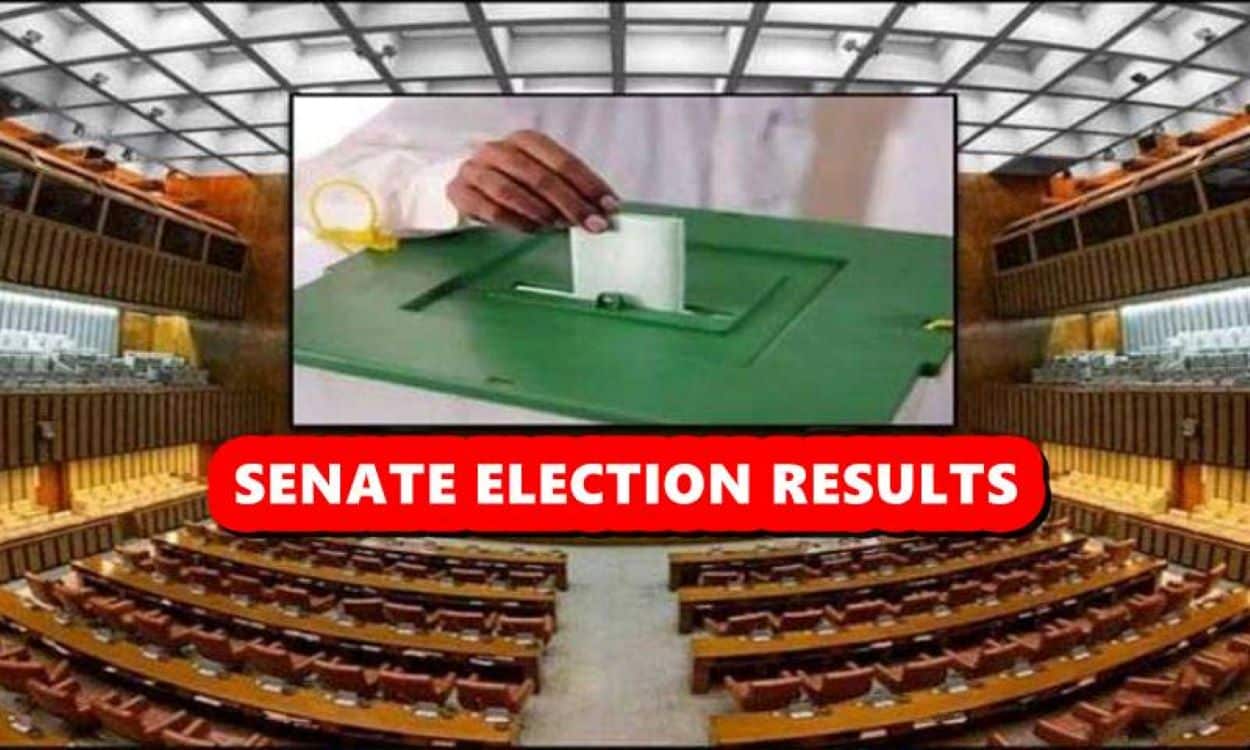Voting concluded for 30 Senate seats, with 59 candidates vying for positions in Pakistan’s Upper House for six-year terms. Foreign Minister Ishaq Dar secured a technocrat seat with 224 votes, while his opponent garnered 81. The PPP’s Rana Mahmoodul Hasan also won a Senate seat with identical support. Independent Faisal Vawda and several others, including MQM’s Aamir Chishti and PPP members, were elected across various categories.
Read: Senate Elections 2024: Ruling Coalition Aims for Decisive Majority
In Punjab, technocrat seats were claimed by Muhammad Aurangzeb and Dr. Musadik Malik, with Finance Minister Aurangzeb leading in votes. The Sindh Assembly saw the PPP securing 10 out of 12 seats amidst a boycott by PTI-backed independents and the Jamaat-e-Islami.
National and provincial assemblies served as polling stations, with strict access control enforced to maintain the sanctity of the voting process. The Punjab Assembly saw uncontested elections for seven general seats, while the Sindh Assembly’s members cast votes for 19 candidates across different categories.
The Khyber Pakhtunkhwa Assembly’s elections were postponed due to opposition concerns, affecting the overall electoral process. The Balochistan Assembly candidates were elected unopposed, demonstrating a unique political consensus.
The Election Commission issued detailed voting guidelines to ensure transparency and integrity, including a ban on mobile phones within polling booths. This extensive electoral exercise reflects the complex dynamics of Pakistan’s legislative processes and the pivotal role of the Senate in governance.






